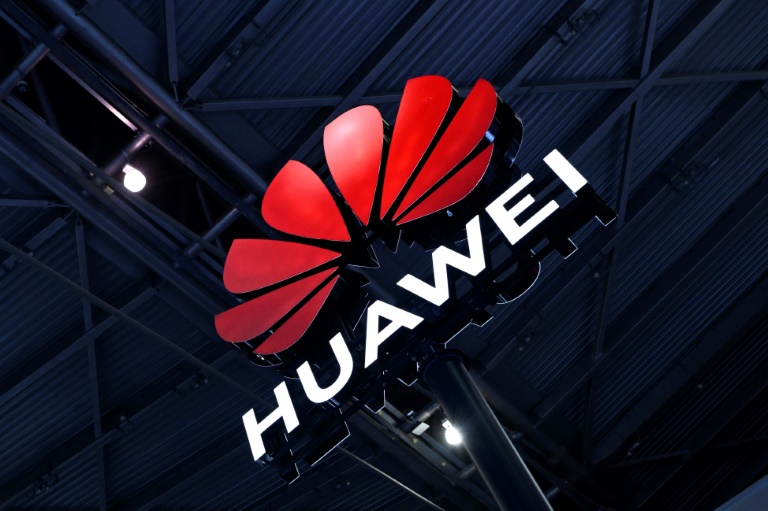


The U.S. government has revoked certain licenses that allowed companies to ship chips to sanctioned Chinese tech giant Huawei Technologies.
Companies like Intel and Qualcomm have been blocked from sending chips for laptops and handsets to Huawei in a bid to curb China’s tech power, according to Reuters.
A spokesperson for the Commerce Department confirmed the reports and said: “We continuously assess how our controls can best protect our national security and foreign policy interests, taking into consideration a constantly changing threat environment and technological landscape.
“As part of this process, as we have done in the past, we sometimes revoke export licenses,” the spokesperson said, declining to comment on specific licenses. “But we can confirm that we have revoked certain licenses for exports to Huawei.”
Since 2019, Huawei has been on a U.S. trade blacklist, which prohibits American companies from supplying technology, including 5G chips, to the Chinese tech giant due to national security concerns.
In 2020, the U.S. further tightened restrictions on chip sales to Huawei, by asking foreign manufacturers employing American chipmaking equipment to secure a license before supplying semiconductors to Huawei.
Despite these challenges, Huawei devices are seeing a resurgence following the launch of its first AI-enabled laptop, the MateBook X Pro powered by Intel’s new Core Ultra 9 processor, and the Mate 60 Pro smartphone.
The laptop launch drew criticism from Republicans, who accused the Commerce Department of giving green light to Intel to sell the chip to Huawei.
A recent analysis by TechInsights on Huawei’s Mate 60 Pro smartphone unveiled a sophisticated chip manufactured by China’s premier chip maker, SMIC.
Although the U.S. sanctions on Huawei were aimed at restricting certain technological features like 5G connectivity, reports indicate that the smartphone has this feature.
U.S. chip giants Qualcomm and Intel are among the companies supplying chips to Huawei. Qualcomm recently said in an SEC filing that it anticipates additional disruptions to its operations due to customers, including Huawei, developing their own chips.
Qualcomm said in its filing: “While we have continued to sell integrated circuit products to Huawei under our licenses, we do not expect to receive product revenues from Huawei beyond the current calendar year.
“Additionally, to the extent that Huawei’s 5G devices take share from Chinese original equipment manufacturers that utilize our 5G products or from non-Chinese OEMs that utilize our 5G products in devices they sell into China, our revenues, results of operations and cash flows could be further impacted.”